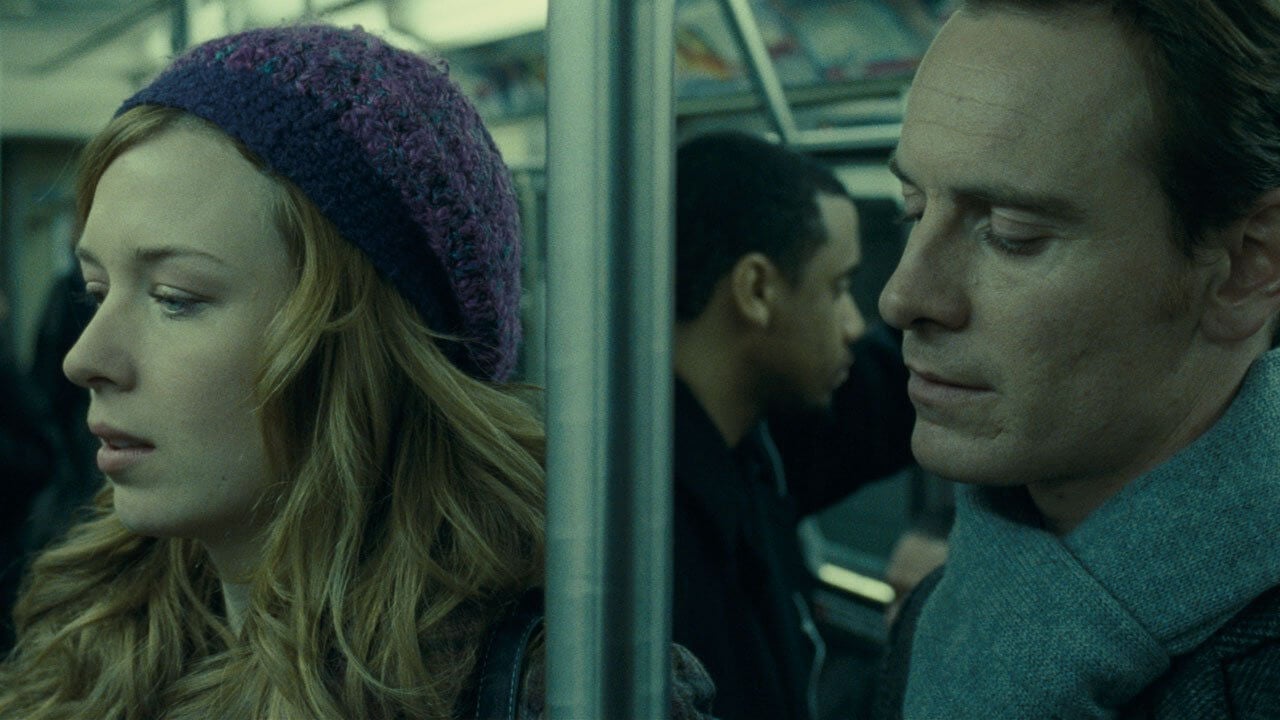Shame on the movie? Brandon introduces us to a young New Yorker who enjoys the perfect life that every man desires: good economic situation, independence, success with women, etc. Her main problem is sex. Brandon is obsessed with pornography and masturbation, which prevents him from really enjoying his relationships.
One day he receives an unexpected visit from his sister, who decides to stay in his apartment for several days. Its appearance will make it difficult to practice your addiction, a habit that will also cause you problems at work.
- This psychological drama is the second work by Briton Steve McQueen.
- Oblivious to the legendary actor of the same name.
- After the film “Hunger.
- ” his acclaimed debut.
- We are faced with difficult.
- Daring and courageous work.
- Because the issue has rarely addressed addiction from a claustrophobic and penetrating point of view.
The film works like a confession. McQueen presents a taboo theme, but presents it in such a way that, in general, the viewer feels identified with Brandon, trapped by the facts around him, so it is so uncomfortable, in a good way, because it acts like a mirror in which the audience is reflected.
Perhaps it is the value of works like these; Do films that go beyond the limits of the temporal do not belong to a fashion or an aesthetic current, are universal themes, such as sex and addiction, those that leave marks on our subconscious?
Why do we avoid the most everyday aspects when we put them before our eyes?The reason is one: fear. We reject what we see because we are afraid of what is not accepted as common in today’s society, we are frightened by what is not well seen, even if it is natural.
Another element inherent in the film is banality. Banality: a pejorative adjective, more than a quality to show. However, banality, when true to its nature, travels through our existence, wandering silently but constantly.
Our customs and customs are full of erratic roots. By this I mean that most of our actions are based on an infinite number of elements that, seen in perspective, are empty and trivial. Are we aware of the excess around us?
We would have to start analyzing our beliefs and what we think is important to us, from a materialistic point of view we assume that having something, having certain assets, is imperative to lead a lifestyle according to our expectations.
One thing must be clear: three-quarters of what we want and what we have left. Excess is too great in all areas. Excess is a mistake we impose ourselves on achieving our dreams, although it would be fair to call them false dreams.
It is important to separate dreams from reality, we all dream, and it is necessary to do so, but we must actually address them on the basis of truth, and the aspirations we seek to achieve must also be true. palpable, real and therefore we must take our reality away from the false and the banal.
People who seem to have it all (those you look at every day in their luxury cars, in their huge gardens, etc. ) are perhaps happy as they look, or maybe not.

